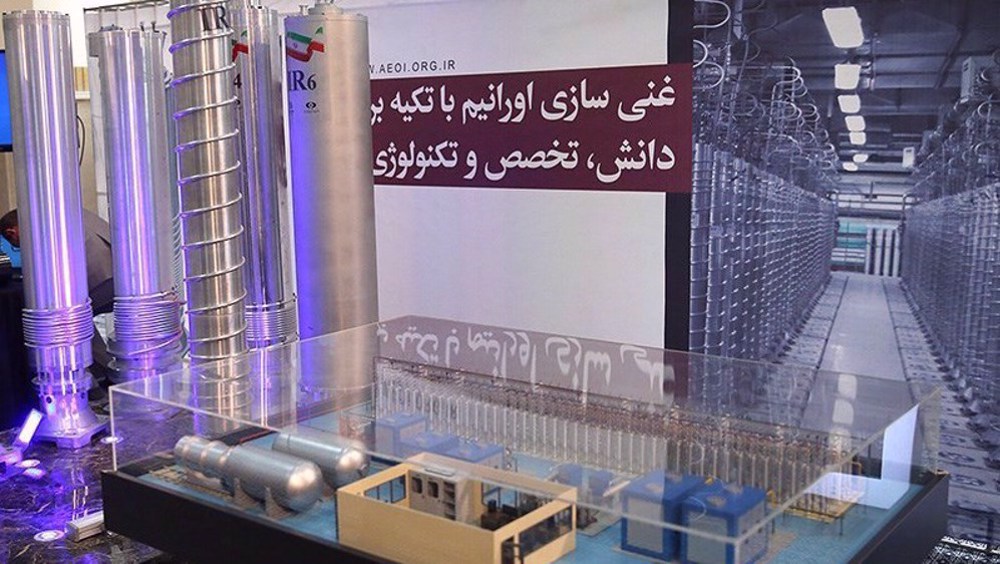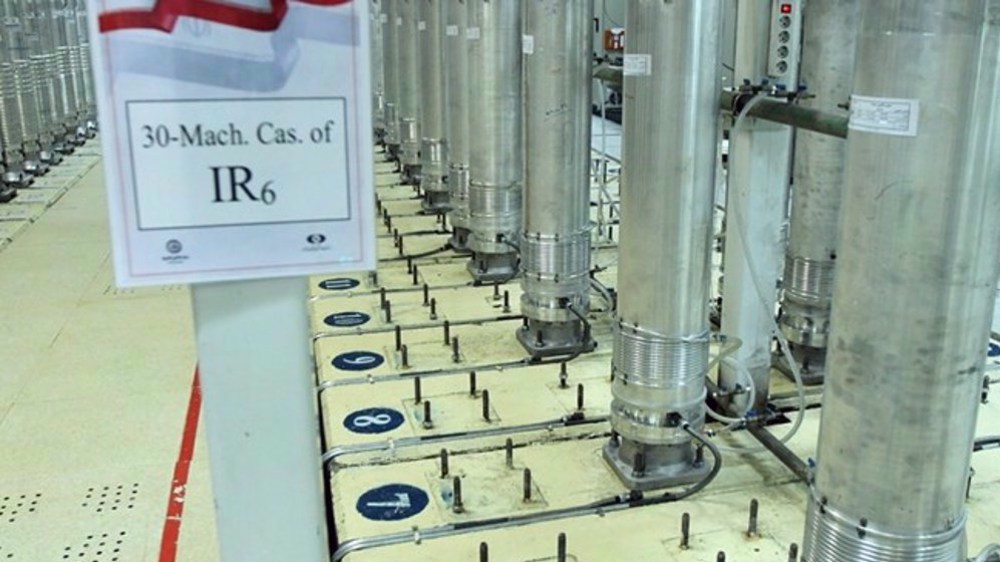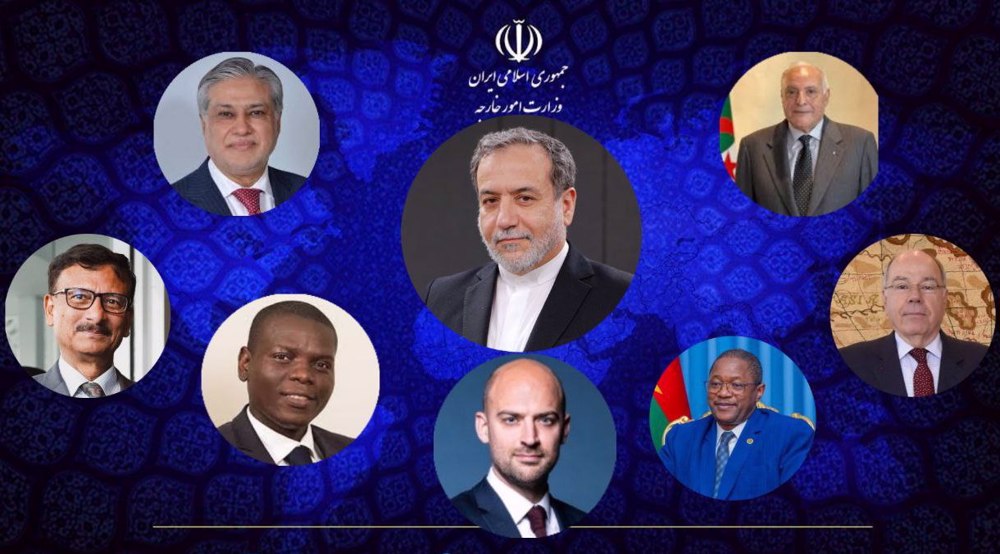Russian diplomat dismisses WSJ report on traces of radioactive at two Iran’s sites as thing of past
A senior Russian diplomat has dismissed a report by The Wall Street Journal about new findings on undeclared nuclear activities at two Iranian nuclear sites, saying traces of radioactive material left from 20 years ago are not significant.
An article published in the US daily on Friday claimed that United Nations inspectors have found new evidence of undeclared nuclear activities in Iran.
The article quoted three diplomats as saying that “samples taken from two sites during inspections in the fall by the UN’s International Atomic Energy Agency contained traces of radioactive material" that could implicate Iran's nuclear program.
The diplomats said they didn’t know the exact nature of what was found, the report added.
In reaction to the claim, Russia's Permanent Representative to the International Organizations in Vienna Mikhail Ulyanov said on Saturday that diplomats are supposed to think big, warning of “significant problems” if they pay extra heed to issues in the past.
Diplomats are supposed to think big. Who cares about traces of radioactive material left 20 years ago when #Iran upon its own initiative stopped some experiments. If some diplomats at this critical moment pay extra attention to the past, then all of us face significant problems. https://t.co/0DQdcOpJiH
— Mikhail Ulyanov (@Amb_Ulyanov) February 6, 2021
“Who cares about traces of radioactive material left 20 years ago when #Iran upon its own initiative stopped some experiments,” the Russian diplomat said in a post on his Twitter account.
“If some diplomats at this critical moment pay extra attention to the past, then all of us face significant problems,” he added.
In another tweet, Ulyanov said he has no intention to criticize journalists but is addressing diplomats.
Not a shift. Just Realpolitik. And I don’t criticise journalists who have to do their work. My critical remarks are addressed to diplomats who have a different status and different tasks. If they can’t differentiate between primary and secondary issues, then we face real problems https://t.co/EnSL9wjG2t
— Mikhail Ulyanov (@Amb_Ulyanov) February 6, 2021
“My critical remarks are addressed to diplomats who have a different status and different tasks. If they can’t differentiate between primary and secondary issues, then we face real problems,” he said.
In late August 2020, IAEA Director General Rafael Grossi visited Tehran, where he held talks with Iranian officials over safeguards implementation issues.
The two sides then issued a joint statement, saying they had agreed “to further reinforce their cooperation and enhance mutual trust to facilitate” the full implementation of Iran’s Comprehensive Safeguards Agreement (CSA) and the Additional Protocol (AP) thereto, which has been provisionally applied by Iran since 16 January 2016.
To help facilitate the resolution of the issues raised by the Agency, the statement said, Iran agreed to voluntarily provide the IAEA’s inspectors with access to the two locations specified by the nuclear watchdog.
Under the 2015 nuclear deal, officially known as the Joint Comprehensive Plan of Action (JCPOA) signed between Iran and major world powers, the IAEA monitors Iran's nuclear activities and regularly updates its members through providing reports.
Head of the Atomic Energy Organization of Iran (AEOI) Ali Akbar Salehi said in September 2020 that the IAEA has announced that it would not make further demands to inspect more sites inside Iran after visiting the two locations for verification purposes based on the agreement reached between the two sides.
“If the International Atomic Energy Organization makes a demand from Iran based on commitments, we do not have any problem to meet them. It means that the IAEA’s demands should be in line with the Safeguards Agreement or the Additional Protocol, and they should be logical, solid and substantiable,” he added.
Read more:
VIDEO | Press TV's news headlines
Iran warns UN credibility at risk amid Israel’s campaign of genocide
Embassy in Tehran flagged for excessive electricity usage
12 killed as Israel strikes Lebanon’s historic city of Tyre
Israel used US weapons in ‘deliberate’ strike on journalists in Lebanon: Report
#BribedByAIPAC: US lawmakers on Zionist lobby payroll irked by ICC arrest warrants
From cradle to chaos: My infant son’s journey through war and displacement
Lebanon condemns Israeli attack on UN peacekeepers












 This makes it easy to access the Press TV website
This makes it easy to access the Press TV website